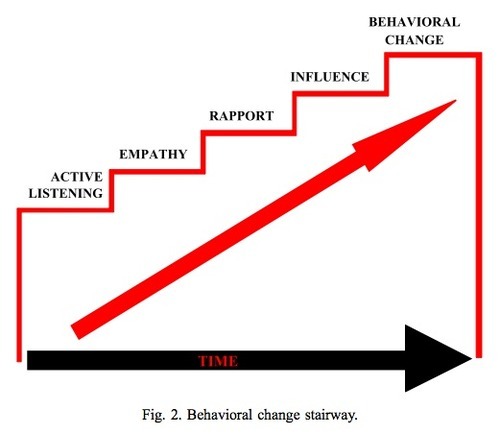11 Uncomfortable Facts About How IQ Affects Your Life
Adam Rifkin stashed this in Intelligence
Stashed in: Confidence, New Yorker, Psychology!, Psychology, @gladwell
Eric Goldschein and Kim Basin write:
We'd like to think that IQ isn't the determining factor for success in life.
But psychology professors David Hambrick and Elizabeth Meinz recently wrote an Op-Ed for The New York Times, "Sorry Strivers, Talent Matters," where they cite a few scientific studies that point to innate talent — not practice — as what separates the good from the great.
This is a bummer for many of us who want to believe that putting in the work will yield successful results. And not to say it doesn't: it just can't compete with outright intelligence.
Another unpopular idea is that of intelligence quotient (IQ) tests being an accurate barometer of a person's smarts (the Op-Ed also points out that SAT tests are pretty good measures of IQ).This all goes against recent thinking on the subject — including Malcolm Gladwell's thesis in Outliers, which says that hard work is a key predictor of one's success.
As it turns out, many factors throughout our lives affect our IQ scores — and conversely, our IQ scores can greatly affect the outcome of our lives.
Read more: http://www.businessinsider.com/facts-you-dont-want-to-know-iq-2011-11?op=1
Favorite Fact: When you have a higher IQ, you're more confident
Successful people — in business, in athletics, in life — can tell you that confidence is half the battle. Having a certain IQ may not tell the whole story, but the popular conception is that it does, and that can be devastating or emboldening, depending on your number.
Those who believe they are smart, and who have "proof," will push themselves to live up to those expectations. Those who don't may be haunted by their score, and convinced that they are doomed to a life of mediocrity. And if you believe it, you can achieve it (or in this case, you don't achieve it).
Source: University of Delaware










8:57 AM Mar 16 2013